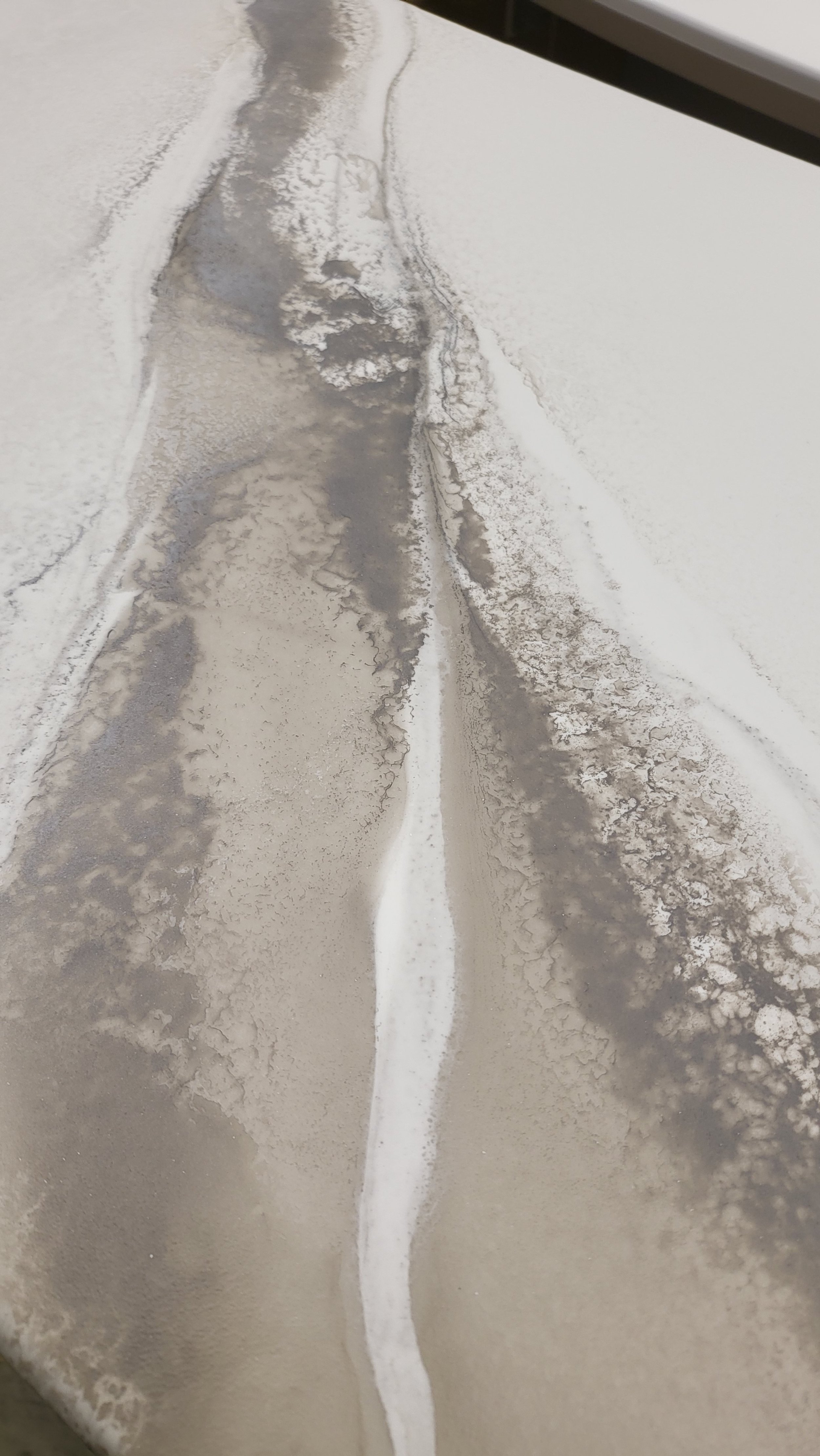What Is Epoxy?
Epoxy is a thermosetting polymer that begins as two separate parts: a resin and a hardener, which combine in a chemical reaction to form a rigid, highly durable substance. This chemical reaction, known as polymerization, causes the resin and hardener molecules to link tightly, creating a hard, stable material. Due to its strength, epoxy is highly valued across multiple industries for applications ranging from adhesives and sealants to protective coatings and finishes.
Composition and Types of Epoxy
Epoxy resin is typically composed of epichlorohydrin and bisphenol-A (BPA), which, when mixed with a hardener such as polyamine or amine, initiates the curing process. This curing can vary based on temperature, catalyst, and specific hardeners, resulting in a versatile range of epoxy types, including:
Epoxy Adhesives: Known for high bond strength and flexibility, these are used in construction, aerospace, and electronics, providing an alternative to welding, bolting, or soldering.
Epoxy Coatings: Used on surfaces like floors, countertops, and industrial equipment, these coatings provide protective layers that are resistant to moisture, chemicals, and abrasion.
Epoxy Fillers: Common in construction, epoxy fillers fill cracks and gaps in materials like wood and concrete, providing a smooth, strong finish.
Key Characteristics of Epoxy
High Adhesion: Epoxy can bond to a wide range of materials, including wood, metal, concrete, glass, and plastic. This adhesion is due to the epoxy’s chemical composition, which allows it to penetrate surface pores, creating a bond at a molecular level.
Durability and Strength: When fully cured, epoxy becomes extremely rigid and resistant to physical impacts, scratches, and heavy loads, making it ideal for floors and structural applications.
Chemical and Heat Resistance: Epoxy resists harsh chemicals, solvents, and even temperature extremes, protecting surfaces in industrial or high-heat environments.
Water and Moisture Resistance: Epoxy creates a waterproof barrier when applied, making it suitable for areas exposed to moisture, like kitchens, bathrooms, and garages.
Aesthetic Versatility: Epoxy can be tinted, layered, or mixed with pigments, metallic powders, and decorative elements to create finishes that mimic materials like marble, granite, or stone.
Common Uses of Epoxy
Epoxy Flooring: Epoxy flooring involves applying a thick layer of epoxy to a floor surface, providing a seamless, glossy finish that is highly durable and resistant to stains, chemicals, and heavy foot traffic. Epoxy flooring is popular in commercial spaces like warehouses and garages, as well as residential basements and kitchens.
Epoxy Countertops: Often used as a more affordable alternative to natural stone, epoxy countertops are created by pouring epoxy over existing surfaces or MDF (medium-density fiberboard) to form a sleek, seamless finish that’s heat-resistant and low-maintenance.
Protective Coatings: Epoxy coatings are often applied to metal structures and food containers to prevent corrosion and contamination. These coatings are also common in electronics, protecting components from moisture and debris.
Construction and Repairs: In construction, epoxy is used as a filler for cracks and gaps, especially in concrete or wood, where it provides structural stability and a smooth, repair-ready surface.
Advantages of Epoxy
Epoxy’s broad utility is due to several core advantages:
Flexibility in Application: Epoxy can serve as both a structural material and a decorative one, making it a flexible solution for construction, interior design, automotive, and marine applications.
Long Lifespan: Epoxy coatings and finishes can last for many years without losing their integrity, even in challenging environments.
Eco-Friendliness: Many modern epoxy formulations are low in volatile organic compounds (VOCs), making them safer for indoor applications and environmentally friendly.
Conclusion
Epoxy’s unique properties make it an invaluable material in both industrial and household applications. Whether used as an adhesive, a protective coating, or a design finish, epoxy combines strength, versatility, and durability in a way few materials can match. With the ability to withstand heavy use, harsh chemicals, and environmental factors, epoxy stands out as a top choice for construction, design, and protective needs. If you are interested in getting epoxy services, please contact us here.



